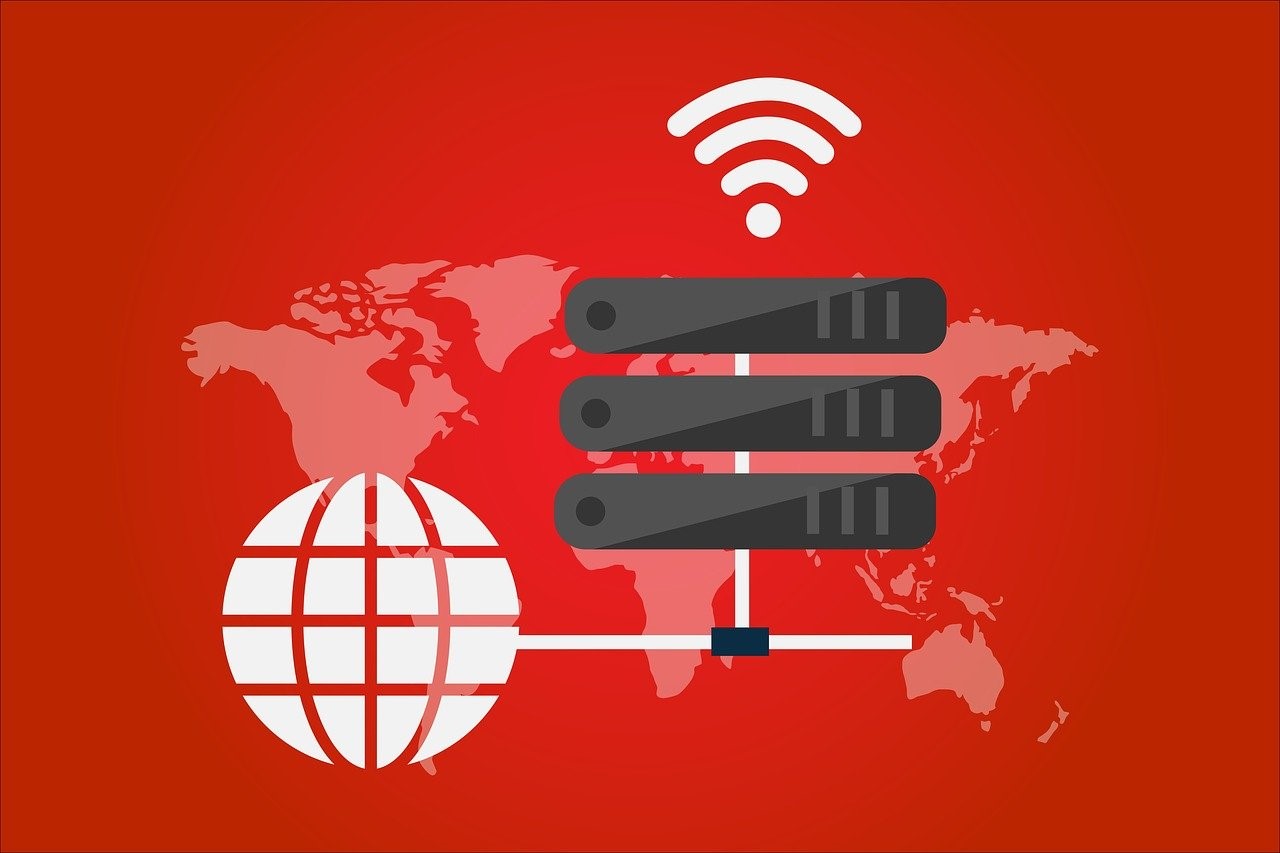What Is A Proxy Tunnel : Key to a Safer and Freer Internet Journey

Page Contents
In the ever-evolving digital realm, understanding the myriad ways data travels and is accessed can be vital for businesses. One such intriguing yet often misunderstood concept is that of the “proxy tunnel.” This article aims to shed light on this mechanism, diving deep into its anatomy and significance. For businesses that leverage parsing, especially, navigating the waters of proxy management becomes paramount. As we journey ahead, we'll uncover why a proxy tunnel might just be the tool these enterprises didn't know they needed.
Understanding Basic Proxies

At its core, a proxy serves as an intermediary or a bridge between a user and the internet, facilitating the exchange of data. Think of it as a middleman; when you send a request, rather than going directly to the website, it goes to the proxy first. The proxy then forwards your request to the website, receives the data, and then sends it back to you. This process masks your IP address, offering an added layer of anonymity.
Businesses may opt to use proxies for various reasons, including data scraping, managing regional content restrictions, or ensuring online privacy. In the quest for reliable proxies, many firms are turning to specialized services. For instance, when businesses buy Infatica fastest proxies, they're investing in swift and efficient data processing, especially crucial for those in data-intensive industries.
Deep Dive: What is a Proxy Tunnel?
Venturing deeper into the world of proxies, we encounter a more intricate concept – the “proxy tunnel.” A proxy tunnel, in essence, is a secure communication channel that ensures your data is transferred safely through encrypted connections between you and your endpoint. Unlike a standard proxy that merely redirects requests, a proxy tunnel encapsulates your entire connection. It's like having a protected pipeline for your data, ensuring that it remains untouched and uncompromised as it traverses the vastness of the internet.
The primary benefits of using a proxy tunnel include:
- Enhanced Security: Your data is not just redirected but is also encrypted, making eavesdropping or tampering near-impossible.
- Seamless Bypassing of Firewalls: Given its encapsulating nature, proxy tunnels can bypass stringent firewalls, as they can't decipher the contents inside the “tunnel.”
- Better Anonymity: With standard proxies, savvy entities might still detect proxy usage. A tunnel, however, provides an additional cloak of invisibility.
Why Businesses, Especially Parsing Services, Need Proxy Tunnels

In the realm of data parsing, the landscape is filled with challenges – from geo-restrictions to potential blocks by target websites. Here's where proxy tunnels become indispensable.
- Vital IP Masking: For parsing services, masking the IP isn't just about anonymity. It's about ensuring consistent data access without triggering anti-scraping mechanisms. With proxy tunnels, not only is the IP hidden, but the very fact that a proxy is being used becomes less detectable.
- Bypassing Geo-restrictions: Data on the internet is often fenced by regional boundaries. A proxy tunnel isn't just about redirecting your request through a different location, but ensuring that the data packets themselves are shielded, allowing for a smoother passage through geo-restrictions.
- Robust Data Protection: Given that parsing often deals with vast amounts of data, the added security layer of a proxy tunnel ensures that the data, while in transit, remains uncompromised. The encryption encapsulates the data, making interceptions futile.
Types of Proxy Tunnels
When delving into proxy tunnels, it becomes evident that not all tunnels are made alike. Two primary types dominate the landscape: HTTP Tunneling and SOCKS Tunneling.
- HTTP Tunneling: This method utilizes the HTTP protocol, encapsulating the data into HTTP packets. It's primarily effective for web-based traffic but might not support other protocols or applications outside the web spectrum.
- SOCKS Tunneling: A more versatile option, SOCKS tunneling supports any form of traffic, be it HTTP, FTP, or SMTP. It offers a broader range of compatibility, making it a preferred choice for diverse applications.
Which is Better? The choice between HTTP and SOCKS largely depends on business needs. For purely web-based operations, HTTP might suffice. However, businesses seeking comprehensive coverage for varied applications would benefit more from SOCKS.
Potential Risks and Downsides
While proxy tunnels offer numerous advantages, they aren't without potential pitfalls.
- Latency Issues: Encapsulating and encrypting data can introduce delays. Depending on the service and the distance between the proxy server and end user, this latency can impact operations.
- Security Concerns: Not all proxy tunnel services provide equal encryption standards. Weak or outdated encryption can be a vulnerability.
- Choose Wisely: The digital realm is rife with both genuine and dubious services. It's imperative for businesses to opt for reputable proxy tunnel providers, ensuring both speed and security.
In summary, while proxy tunnels elevate data security and access capabilities, due diligence in selection and understanding their potential limitations is crucial.
Best Practices for Businesses Using Proxy Tunnels
As businesses venture into the world of proxy tunnels, adhering to best practices ensures maximum benefits:
- Regularly Rotating IPs: Constant IP rotation minimizes the risk of being detected or blocked, especially for high-frequency tasks like web scraping or data parsing.
- Ensuring Encrypted Connections: Always ensure that your proxy tunnel service offers robust encryption. This not only shields data in transit but also guards against potential eavesdroppers.
- Opt for Premium: While the allure of free proxy tunnel services can be tempting, they often come with risks of unreliable connections, data breaches, or even malicious intent. Investing in a premium service assures reliability, speed, and enhanced security.
Conclusion
In the vast tapestry of digital connections, proxy tunnels emerge as a beacon of secure and unrestricted access. For businesses, especially those nestled in data-driven sectors, understanding and integrating proxy tunnels can unlock unparalleled advantages. Embrace these digital conduits, but always with an eye on best practices for an efficient and safe journey through the internet's vast corridors.

Wayne Kernochan has been an IT industry analyst and auther for over 15 years. He has been focusing on the most important information-related technologies as well as ways to measure their effectiveness over that period. He also has extensive research on the SMB, Big Data, BI, databases, development tools and data virtualization solutions. Wayne is a regular speaker at webinars and is a writer for many publications.